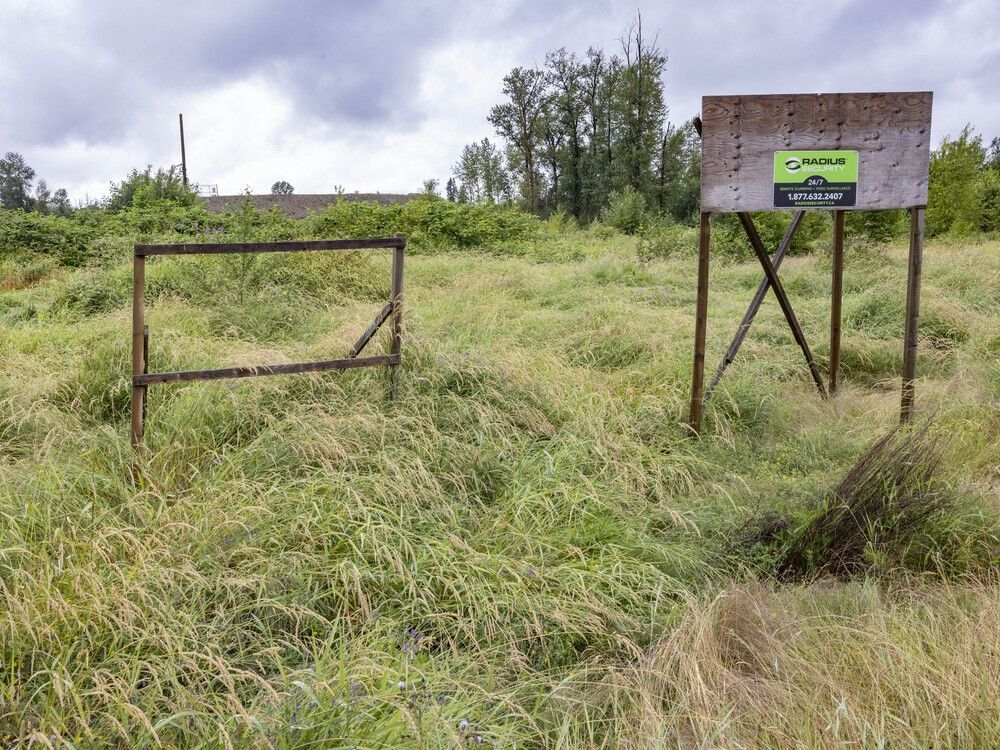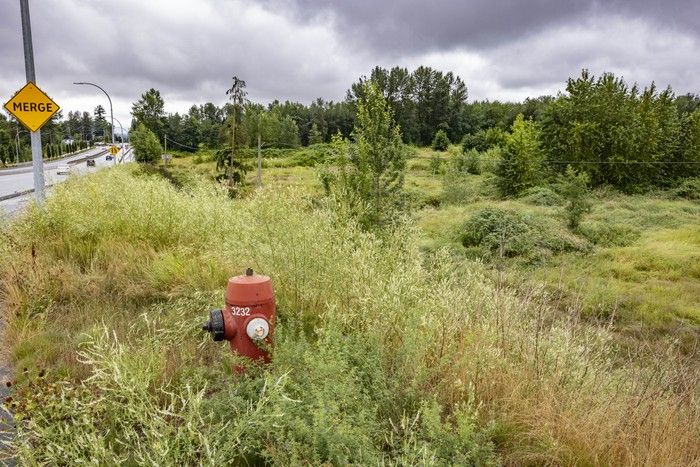
A recent B.C. Supreme Court ruling that found a developer is not obligated to pay millions in fees to the Township of Langley to help fund community amenities does not necessarily mean that other developers are off the hook.
In late June, a B.C. judge decided that Langley Township’s policy for collecting community amenity contributions (or CACs) — which are intended to support the building of things such as parks, libraries, child-care facilities and recreational centres — is invalid because it is a “mandatory amenity payment regime beyond Langley’s legal authority.”
Lorval Developments, together with Martini Film Studios, wants to build a massive sound studio with 16 stages on 70 acres of land they have assembled. They sued the township after pushing back against what they said would have been between $32 million and $39 million in CACs in order to proceed with building the 735,000-sq.-ft. film complex project.
“The CAC policy represents more than administrative guidance,” Justice Simon Coval wrote in his decision. “Read as a whole, it indicates a mandatory fee regime, in that it suggests the specified contributions will generally be required as a condition of rezoning approval. It is therefore invalid for lacking the requisite statutory authority.”

Lorval told Postmedia through its lawyer, Peter Kenward, that while the court’s decision is about Langley Township’s CAC policy, “It does have broader implications, because its reasoning is rooted in the provisions of the Local Government Act and Community Charter and a number of court decisions, which are applicable to most municipalities across the province.”
The township has said it will appeal the ruling, and has until July 20 to do so.
In the meantime, some developers have agreed to pay CACs as part of their rezoning processes despite the ruling that the policy for collecting them is invalid, according to Langley Township Mayor Eric Woodward.
“Even since the court case, multiple developers have agreed to make community amenity contributions to make Langley a better community. Lorval is obviously not one of these companies.”
Lorval didn’t reply by deadline in response to this comment.
Langley Township has required the developers who wish to proceed with paying the CACs sign agreements acknowledging the court ruling and that they have received legal advice and will forgo any future litigation.
Anne McMullin, CEO of the Urban Development Institute, which represents developers and builders, said some developers have signed these agreements in order to continue with rezoning application processes that are already underway because they don’t want to risk further delays.
“They know you have got to get (their applications) through. The costs are going up. The longer they wait, they’ll miss the market and (have to deal with) cost escalation. So they say, ‘Fine, I’ll make it work, plug my nose and sign it,'” said McMullin.
The court decision comes as the provincial government has been trying to introduce a new way for municipalities to collect fees to fund public amenities that it calls amenity cost charges or ACCs.
These ACCs have mechanisms, such as set rates for various kinds of units and money targeted to specific community benefits or projects, to “ensure transparency and cost certainty,” according to the province.
It is intended as a way to eliminate CACs and avoid real estate developers and municipal governments spending years negotiating what fees get paid to support the building of public amenities. Municipalities charge these CACs in exchange for granting the right to build more density or to change what a piece of land can be used for and potentially increase its value.
Some municipalities, such as North Vancouver, Mission, Pitt Meadows, Abbotsford, Burnaby and Coquitlam, have brought in ACC bylaws and started the new regimes, while others are still exploring and consulting their communities.
There is no deadline for municipalities to adopt using ACCs and they are not required by legislation to do so.
Woodward said Langley Township is exploring ACCs. In the meantime, it approved a new interim CAC policy in early July, after the court ruled its existing policy was invalid. The new version allows staff to discuss with applicants the prospect of making community amenity contributions, negotiate with them on a case-by-case basis, or allow CACs to either be raised by the applicants or be included as part of rezoning negotiations.

McMullin acknowledged the current situation is “messy” and that UDI will be examining it into the fall.
Woodward said other municipalities that want to continue collecting CACs may want to use a release agreement the way his township has with developers “to insulate themselves from court cases.”
The Union of B.C. Municipalities said it does not have an opinion on whether this ruling impacts the ability of local governments to collect CACs as the transition to the new ACC regime continues.
Regardless of what fee structure is used, “development cost tools shield property taxpayers from paying for new development,” UBCM president Trish Mandewo said in a statement.
“Without effective tools to recover development costs, property taxpayers would face hefty increases to pay for new infrastructure to support growth. The principle of ‘development paying for development’ is long established in B.C., and steps that erode this principle will impact affordability for all homeowners in the long run.”